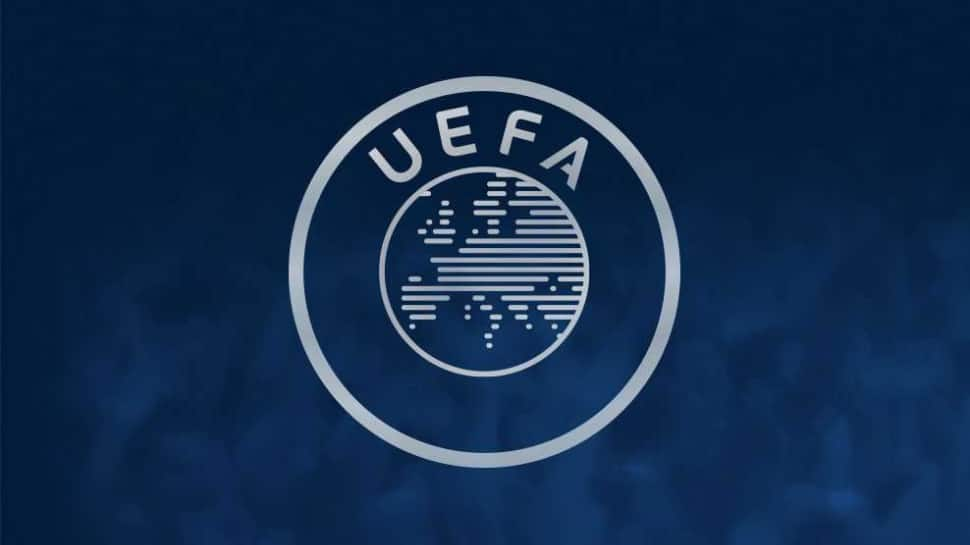In a landmark yet controversial move, UEFA has reluctantly approved Barcelona vs Villarreal in Miami and AC Milan vs Como in Perth, allowing two major European clubs to host their domestic league matches outside their home nations. The decision, which UEFA insists is a one-off exception, has ignited debate over the future of European football and the balance between globalisation and sporting integrity.
Why Were These Matches Moved?
The Barcelona–Villarreal clash will be played in Miami later this year as part of La Liga’s ongoing effort to expand its global reach and strengthen its brand in the United States. Meanwhile, AC Milan will face Como in Perth, Australia, early next year because the San Siro stadium will be unavailable due to preparations for the 2026 Winter Olympics opening ceremony.
UEFA admitted that its hands were partially tied, citing FIFA’s lack of clear rules on domestic fixtures being played abroad. The governing body approved the matches only after extensive consultation with the leagues and host associations.
UEFA’s Official Stand
UEFA President Aleksander Čeferin expressed his reservations about the decision, describing it as “regrettable but necessary under the current circumstances.” He emphasized that while the games will proceed, they must not be seen as setting a precedent for future seasons.
“League matches should be played on home soil,” Čeferin stated. “These approvals are exceptional and should not be taken as an indication of UEFA’s future policy.”
UEFA clarified that it will work with FIFA to develop stricter regulations ensuring that domestic competitions retain their identity and connection with home fans.
Commercial Growth vs Football Tradition
La Liga and Serie A have justified the move as part of their broader commercial strategy to expand their global footprint. They argue that taking league football abroad helps build international fan bases, attract sponsors, and grow revenue.
However, critics believe this commercialisation risks alienating home fans and disrupting the traditional league structure. Sports analysts warn that this could pave the way for more league games being exported if successful, potentially altering the fabric of domestic competitions.
What Happens Next?
These two fixtures will be the first official league matches in Europe’s top divisions to be played outside the continent. While UEFA has stressed that the approval is temporary, observers believe this moment could become a turning point for how European football balances heritage, fans, and global business ambitions.
Whether these matches succeed commercially or spark further backlash, they will serve as a defining test case for the future of globalised football.

